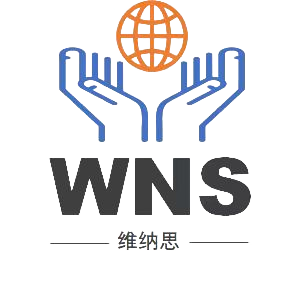cotton application
Cotton has a long growth period and complicated management. The most difficult to solve are the steep growth of cotton branches and cotton diseases, mainly cotton blight. According to a survey of 30 cotton farmers in 11 towns, mineral potassium fulvicate can inhibit the steep growth of cotton branches and effectively prevent and control cotton blight (yellow) wilt and cotton diseases caused by fungi from the roots. It shows three characteristics: first, the cotton diseases have been controlled, the leaves are dark green, the leaves are large and thick, and the cotton stalks are strong; second, the cotton bolls increase, with an average increase of 6.9 cotton bolls per plant, and the yield increase range is 15%-30%; third, the cotton bolls Large, the cotton batting opens evenly and can mature 10 days in advance. The application of potassium fulvic acid from mineral sources has achieved the prevention and control of diseases. The seedlings are strong in the middle stage, stable in the middle stage, and will not suffer from premature aging in the later stage, which significantly improves Fuqian peach and Fuqian peach.
vegetable application
The economic benefits of applying potassium fulvic acid from mineral sources in vegetable production are the most significant. Used in vegetable seedling beds, the vegetable seedlings can be transplanted to fields or greenhouses 7-10 days in advance, so that vegetables can be put on the market in advance. Used as base fertilizer and top dressing in large fields, it can enhance disease resistance, improve vegetable quality, facilitate vegetable storage, and increase the yield of fruits, vegetables, and leafy vegetables by more than 30%. At the same time, it has a significant effect on improving the decline in fertility and insufficient organic matter in vegetable fields. Fulvic acid is an organic substance without any pollution, and it does not cause any pollution hazard when used in vegetable production.



